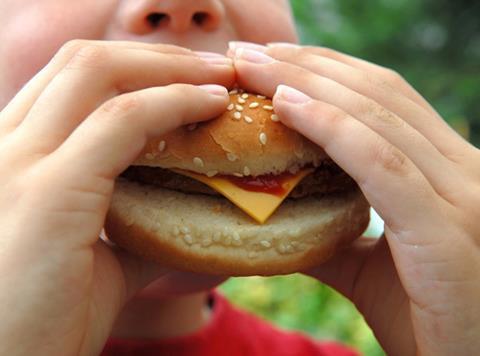
Food and drink industry leaders are preparing to launch a legal challenge if the government goes ahead with plans for a ban on ‘junk food’ promotions as part of its Childhood Obesity Plan Mark 2.
The Grocer can reveal supplier organisations have already engaged lawyers to begin preparing a case against the looming ban on HFSS multi-buys such as bogofs and other promotional mechanics, which suppliers claim would be an illegal restraint on competition. Any legal challenge could come from an individual company, several companies working together or be spearheaded by the FDF.
One senior food industry source said it was “almost inevitable” the industry would take legal action to try to block the move. A legal challenge could delay the introduction of a ban by months, or even years.The UK government is expected to unveil plans for the promotions ban within the next few weeks, alongside proposals for tougher measures of the advertising of HFSS foods, with the Scottish government lining up its own proposals with a ban on junk food promotions at its heart.
The Grocer understands government health experts want the ban to apply to a raft of products which do not feature in the Department of Health’s Eatwell Plate, which acts as a guide for a healthy diet.
Products for which promotions would be banned include the likes of chocolate bars, biscuits, cakes, condiments and crisps.
However, industry sources say the idea is in fundamental breach of competition law as it would preclude companies from one of their main routes to market.
One said: “For a huge amount of companies the promotional mechanic is a really important part of the business model.
“If you restrict promotions, what you effectively do is lock in dominant brands and make it impossible for challenger brands to make inroads in the market, which is simply bad for competition.”
The industry is also concerned the ban would hit reduced-sugar products in many of the categories, and prevent companies from encouraging consumers to switch to healthier options in their ranges.
“It’s even more worrying that there appears to be an arms race between the Scottish and UK government about whose measures are more draconian,” said the source.
“Effectively banning so-called unhealthy promotions could prevent companies from marketing just the sort of products the government has been calling on us to produce.”
They added: “It’s almost certain that there will be a legal challenge. This is bound to result in products from companies falling into a sector which is banned, so they cannot compete effectively against what they see as rivals promoting similar products.”
Public Health England this week said it believed a ban of promotions was a vital part of the forthcoming obesity plan, which it has been advising ministers on.
In the original health strategy, which was watered down by PM Theresa May in 2016, David Cameron’s government had planned to tackle the thorny issue after PHE said reducing and rebalancing the number and type of price promotions towards healthier products was the number one priority in the battle against obesity.
A series of attempts to get a voluntary crackdown on unhealthy promotions, via the now defunct Responsibility Deal, foundered amid competition concerns.
The prospect of a legal clash between the industry and the government comes after it was revealed the industry had missed PHE’s target of a 5% sugar reduction across a raft of product sectors after the first year of its voluntary reformulation strategy.




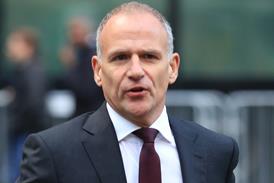



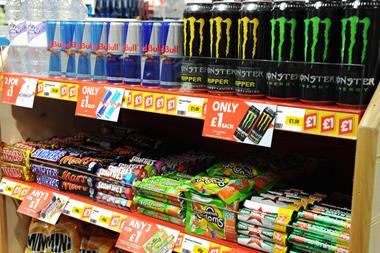
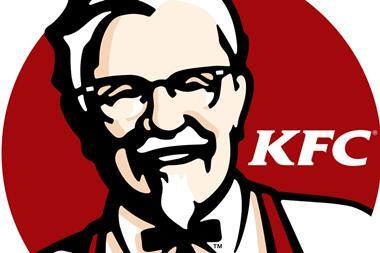

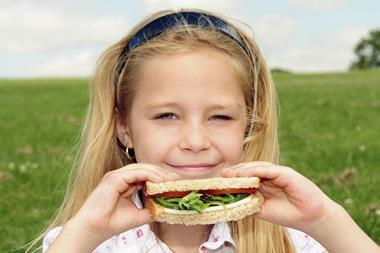







1 Readers' comment